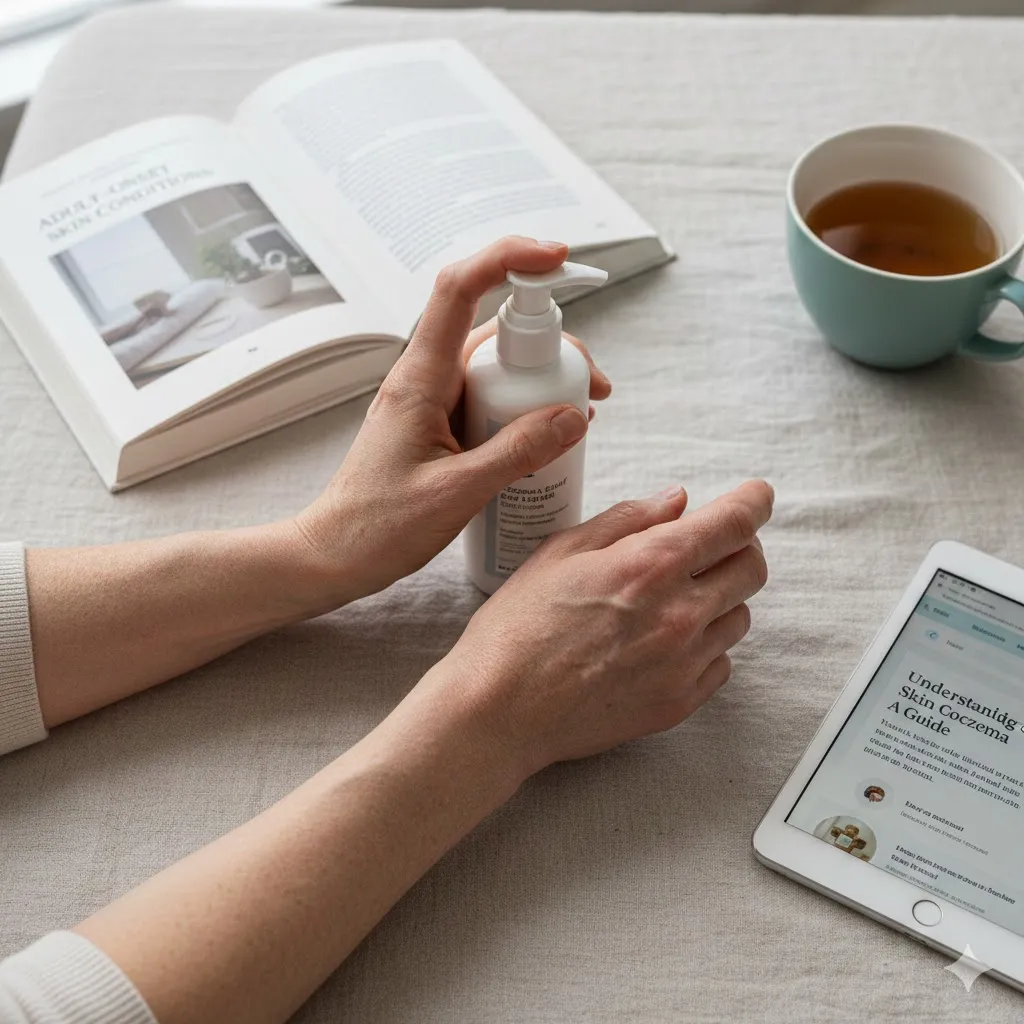Oily skin often feels greasy no matter how much you cleanse, and it can easily lead to redness, irritation, and breakouts. Finding the right product to manage these concerns can be challenging, but that’s where a Niacinamide face serum comes in.
Niacinamide, or Vitamin B3, is one of the most trusted ingredients in skincare for its ability to balance oil production, soothe sensitivity, and strengthen the skin barrier. In serum form, it delivers these benefits more effectively with a lightweight texture that feels comfortable on the skin. Regular use can restore balance, reduce irritation, and keep oily skin looking clear and healthy.
Benefits of Niacinamide Serum for Oily & Sensitive Skin
-
Reduces Oil Production Without Drying
Excess oil in oily skin can be quite frustrating because of the greasiness that does not go away, even with powder. Many skincare products on the market aim to control oil, but they may also lead to dry skin. Your skin compensates for the loss of moisture by producing even more oil.
However, Niacinamide differs in this aspect, as it controls sebum production while retaining skin moisture throughout the day. As a result, your skin appears fresh, less greasy, and without clogged pores.
-
Calms and Reduces Redness
Niacinamide provides a soothing effect to your stressed skin because of its anti-inflammatory properties. Redness or irritation from the slightest of triggers is common in sensitive skin.
You will notice the improvement in the appearance of redness, whether it is caused by acne, rosacea, or sensitivity. Not just that, it also repairs your skin barrier so that it can become less reactive to skin irritants over time.
-
Balances Skin Tone and Minimises Pores
Your skin texture may appear rough due to enlarged pores and uneven skin tone, but Niacinamide addresses both of these issues. It improves your skin’s elasticity around the pores and controls oil to reduce the size of pores. It evens out your skin tone, leading to refined skin.
-
Helps with Acne and Breakouts
Frequent breakouts are an extremely common concern with oily skin, and you need something gentle to address them. Niacinamide is known for its oil-controlling properties, which is the leading cause of acne. It also soothes the inflammation associated with pimples and helps them heal faster by preventing the formation of new ones.
-
Fades Pigmentation and Dark Spots
Your skin may be left with acne scars and dark spots long after the breakout is over, but Niacinamide limits melanin production to reduce their appearance. It can even make them lighter with time and give you a brighter-looking skin.
How to Incorporate Niacinamide Serum into Your Skincare Routine
Step 1: Start With a Cleanse
Prepare your skin by washing your face with a gentle and sulphate-free cleanser to remove the excess oil and dirt.
Step 2: Apply Niacinamide Serum
Use a few drops of Niacinamide face serum and gently dab it onto your skin with your fingertips for better absorption.
Step 3: Follow With Moisturiser
You should not skip moisturising your skin even if it is oily. Niacinamide works best with hydrated skin, so apply a lightweight and non-comedogenic moisturiser after the serum to lock hydration.
Step 4: Use Sunscreen During the Day
You cannot ignore SPF 50 sunscreen during the day to prevent the appearance of new pigmentation and dark spots from the sun. Although Niacinamide helps them disappear, your progress may be lost if you avoid sun protection.
Tips for Using Niacinamide Face Serum Effectively
1. Start Slowly and Patch Test
As a beginner to Niacinamide, consider performing a patch test if you have sensitive skin and use it only a few times a week. Use it daily only after your skin shows no signs of irritation.
2. Pair Niacinamide with Other Ingredients Carefully
Niacinamide is a friendly ingredient that plays well with many actives. It pairs beautifully with Hyaluronic Acid for hydration, Salicylic Acid for acne control, and even Vitamin C for brightening. However, avoid layering it with very strong Retinol formulas in the same routine, as this could overwhelm sensitive skin.
3. Use Consistently for Best Results
Like all good skincare, Niacinamide face serum works best with consistency. Your skin will appear less greasy, smoother, and even after 4 to 6 weeks.
Common Concerns About Using Niacinamide on Sensitive Skin
Can Niacinamide Cause Irritation?
Niacinamide is gentle on your skin, so it is safe for sensitive skin as well. You must be careful while using it with other strong activities in your routine. Generally, 5% Niacinamide is good enough for beginners, and increase this percentage only if your skin tolerates it well.
Is Niacinamide Suitable for All Skin Types?
Niacinamide suits all skin types, including dry, normal, and combination types, apart from the oily and sensitive ones. Dry skin benefits from its skin repair properties, which lock the moisture in your skin, thus preventing dryness. This versatile ingredient is great for all skin types and their respective concerns.
Conclusion
Oily and sensitive skin can be hard to manage without a proper ingredient that targets its specific skin concerns. Niacinamide is one such ingredient that controls oil, soothes irritation and reduces the appearance of pores, allowing your skin to heal properly and making it less reactive.
Reviewed by







